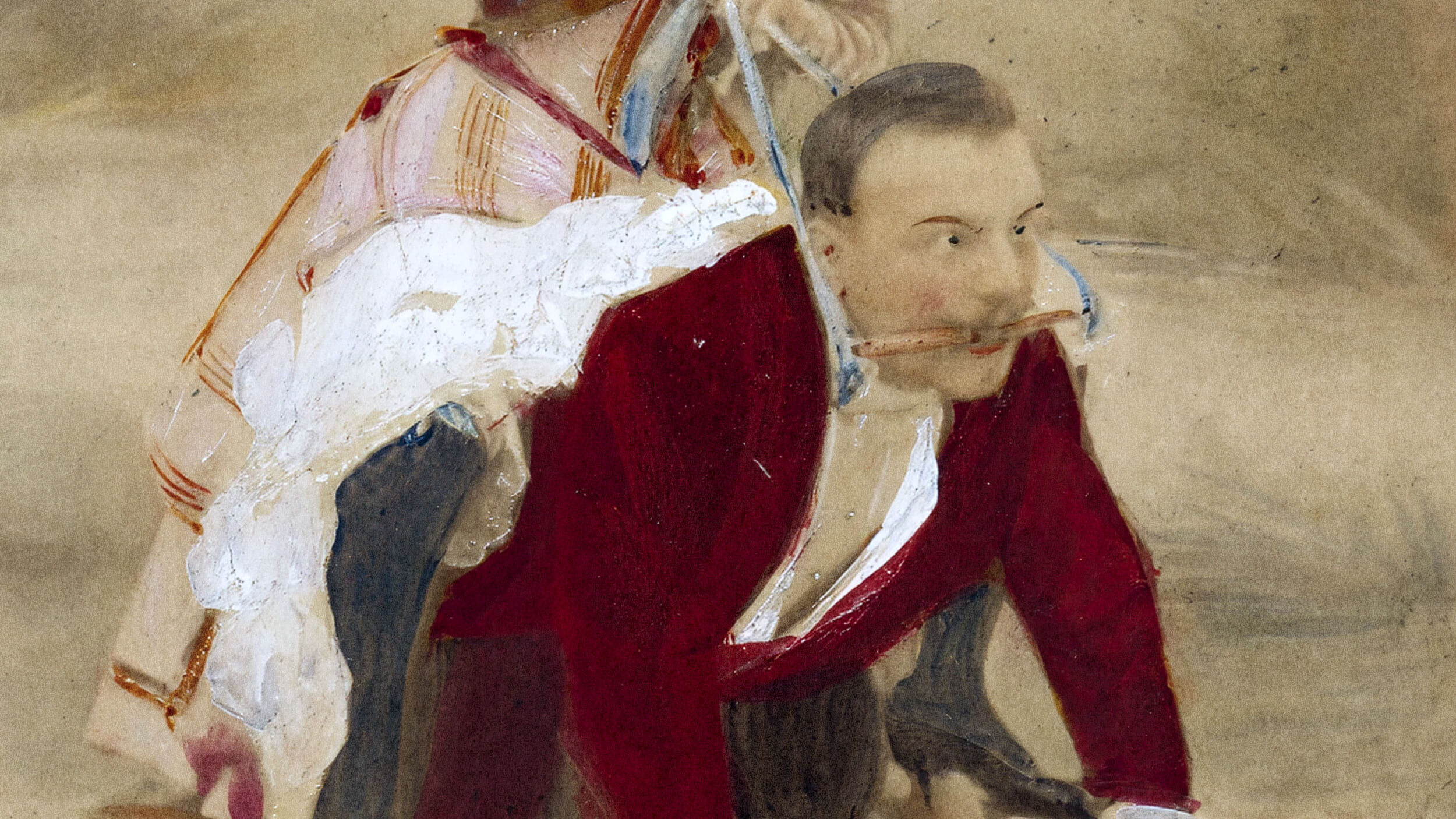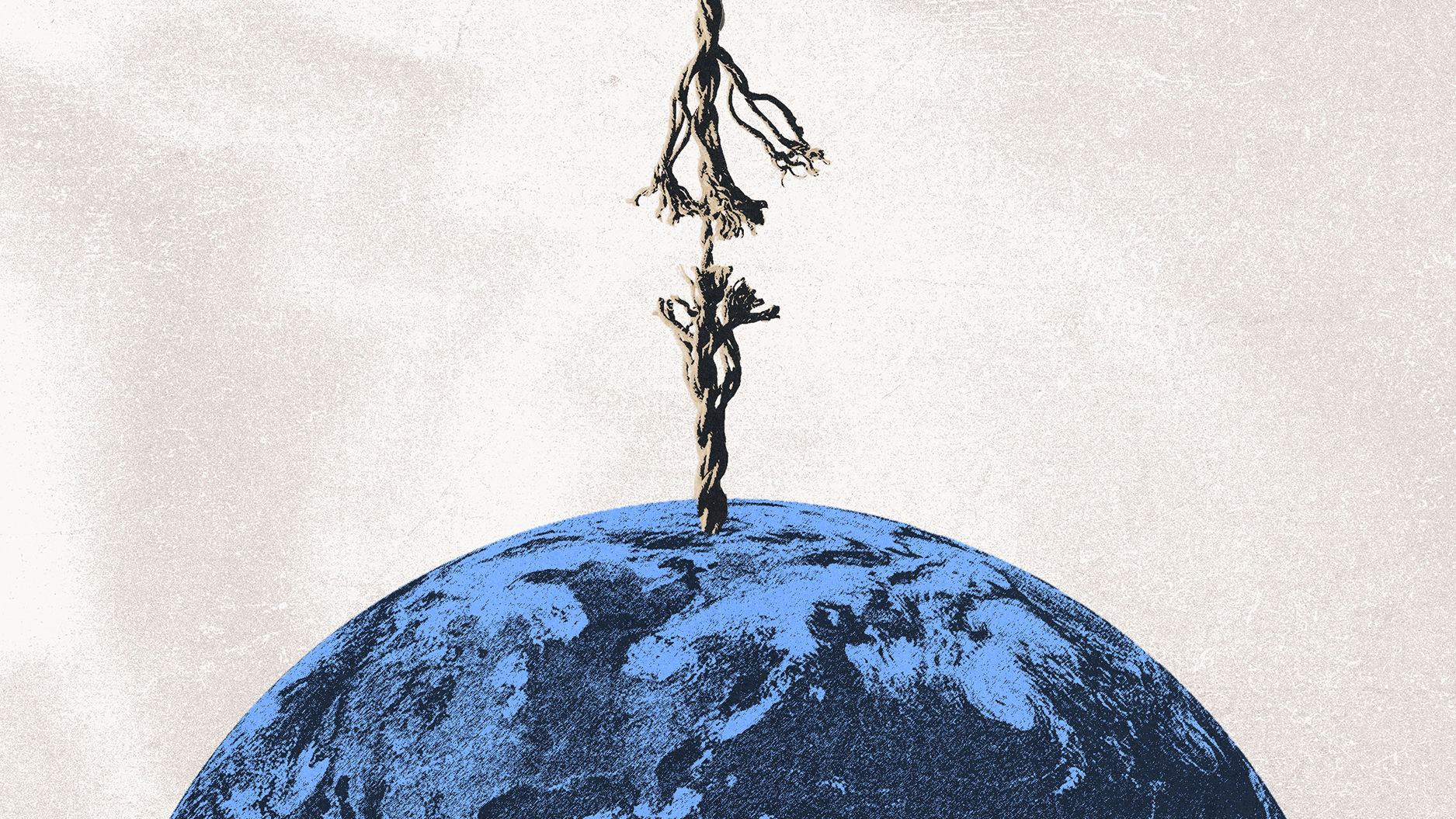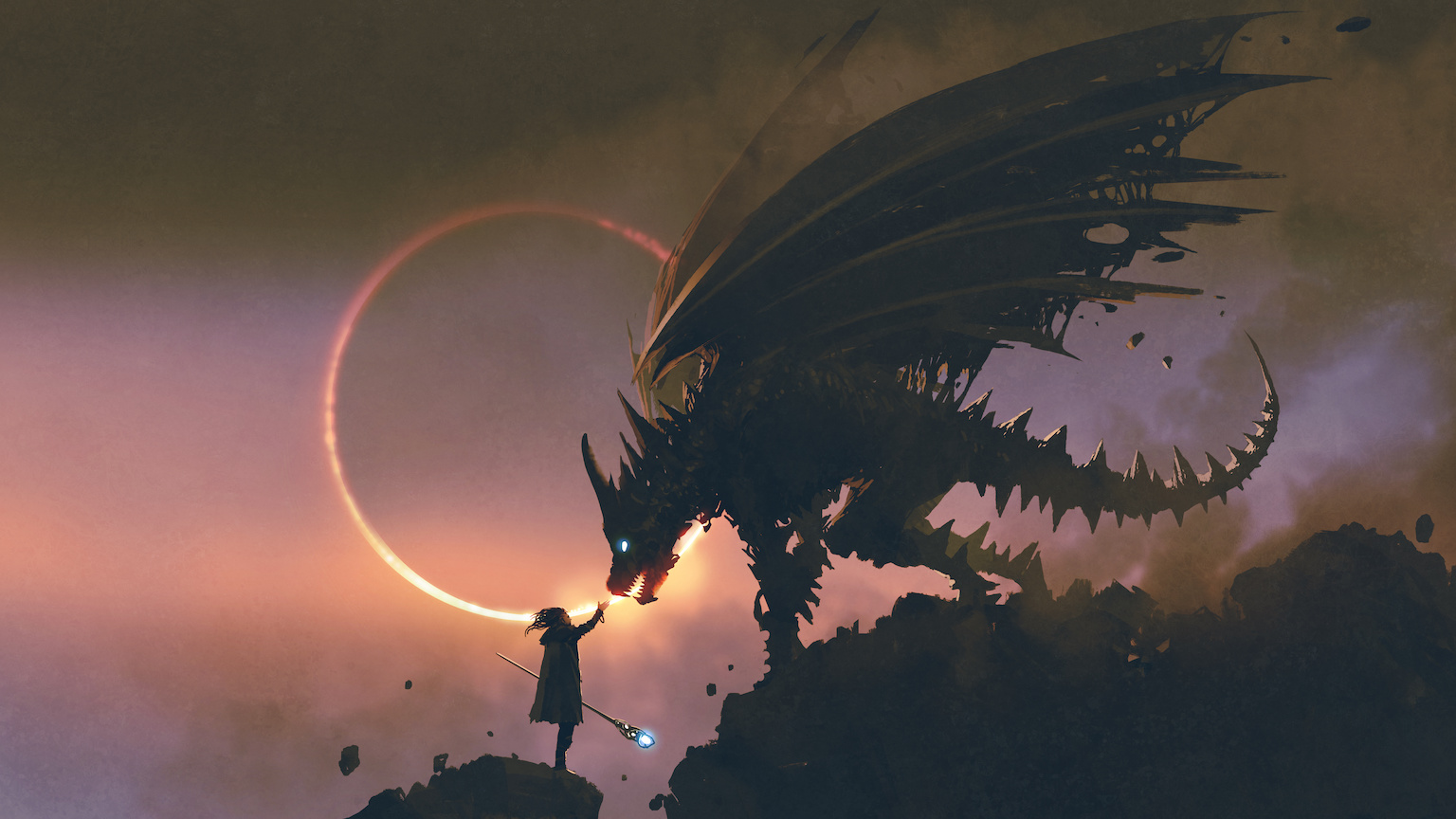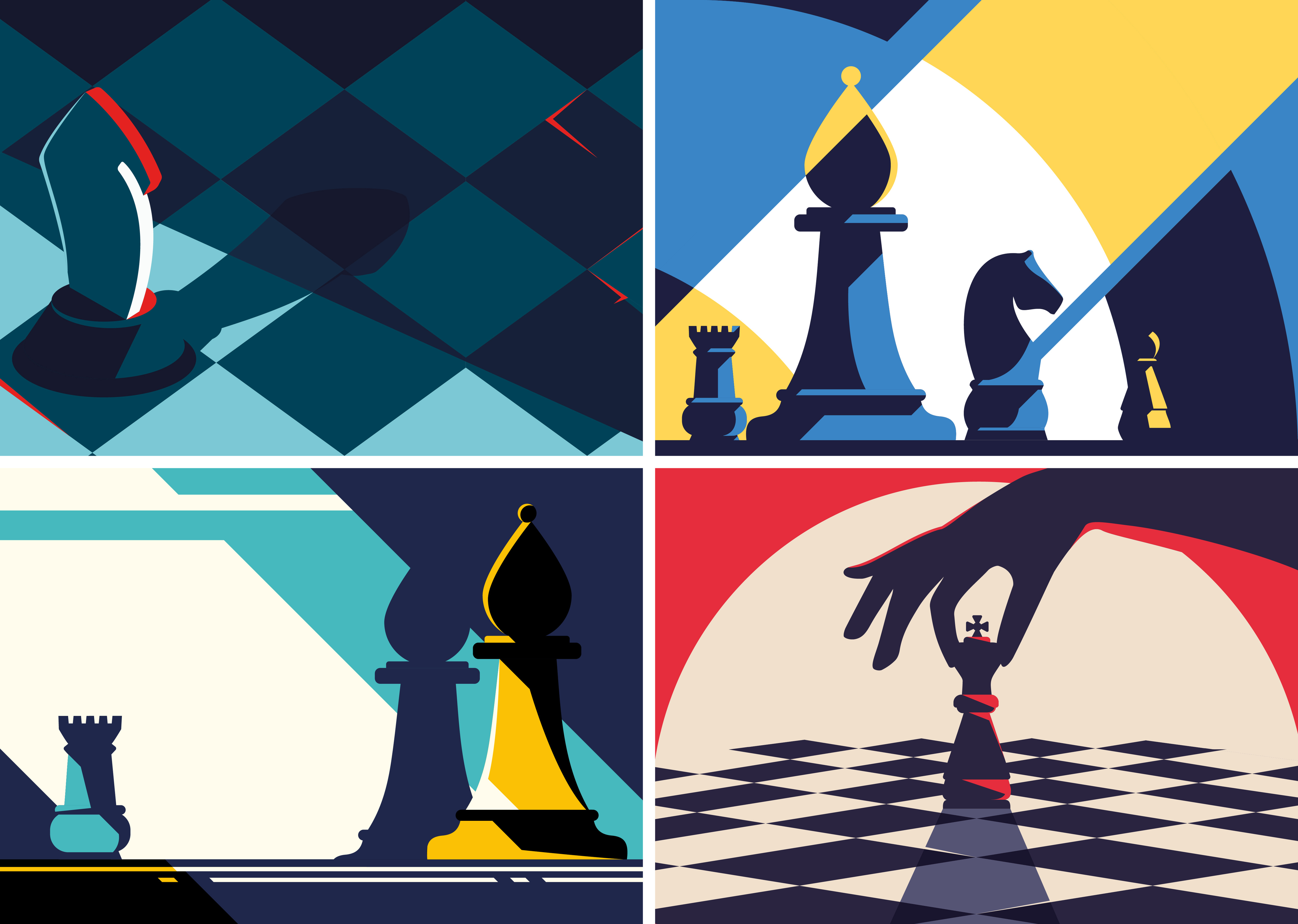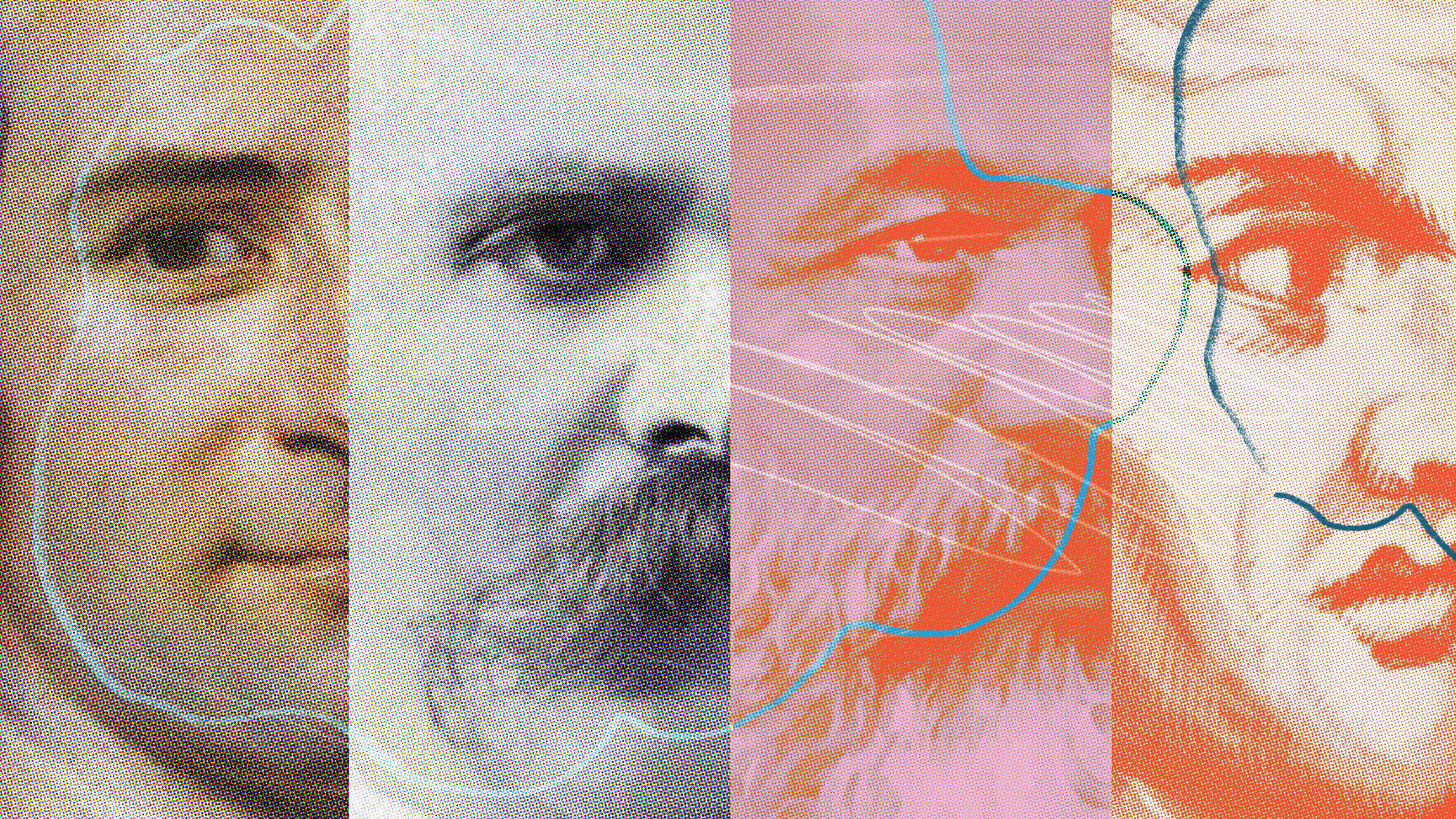Jonny Thomson
Jonny Thomson taught philosophy in Oxford for more than a decade before turning to writing full-time. He’s a columnist at Big Think and is the award-winning, bestselling author of three books that have been translated into 22 languages.
Jonny is also the founder of Mini Philosophy, a social network of over half a million curious, intelligent minds. He's known all over the world for making philosophy accessible, relatable, and fun.

One does not simply make a meme go viral.
It makes no sense to talk about a “religious life” and a “public life” — there is just life.
How deep is your kink?
This is my country and this is what we stand for. At least for now.
Evolution may have built our brains, but it didn’t build them to find truth.
If happiness is an absolute good, would 1 billion slightly happy people be better than 1 million incredibly happy people?
The child has no control at all and the adult tries to control too much. But there is a third way.
How we handle grief largely depends on our worldview. Here is how three famous philosophers handled the certainty of grief and despair.
Rutger Bregman’s “Moral Ambition” wants us to aim our careers not at money but solving the world’s biggest problems.
What’s the point in fighting a made up monster?
A paradigm should be elastic enough to accommodate new data and broad enough to explain the world. For Rupert Sheldrake, ours does neither.
If you feel like you’re missing out on something bigger, you might be feeling saṃvega.
In the tears and laughter of a single life, you find the grief and joy of humanity.
According to Tolkien, fantasy requires a deep imagination known as “sub-creation.” And the genre reflects a fundamental truth of being human.
The award-winning nature writer, Robert Macfarlane, talks with Big Think about how to reacquaint ourselves with the rivers in our lives.
Are we enslaved by the finer things in life?
Barthes is dead — long live the artist.
“I think happiness is not a smiling face, it’s more a smiling soul.”
▸
5 min
—
with
“For every PhD there is an equal and opposite PhD.”
Grandmasters and drug dealers have one thing in common: They are many steps ahead of their rivals.
Follow the money and you’ll follow history.
Do our thoughts have any meaning whatsoever?
Pessimissts are never disappointed, but are they also kinder?
That Nietzsche quote might not mean what you think it does.
“Plato would argue that sex in and of itself is not what true love is. Sex can reach a point where you are in union with that person, where you see behind their appearances and you see behind the flesh and you experience something which is more transcendental.”
▸
32 min
—
with
What can drugs teach us about consciousness?
Harmony and moderation make for a happier life.


